VC Is Destroying the Software Business
I’ve had this post bubbling around in my head for the past day or so. I almost wrote it yesterday, but decided not to. Then Tim Bray wrote about who gets the mobile money:
A river of gold for the people who build good phones. Another river for the people who run the networks. And for the developers, crumbs.
I’m going to take a leap here and blame it on venture capital.
One thing you won’t find a venture-backed hardware startup doing is giving away their product. For consumer software and service startups, however, this is common. Consumers are now conditioned to expect that software, whether it’s a website or an app, is free.
The unfortunate part of this that the average person won’t look far enough down the road to see that not paying for something they value (in some form) now will often mean that it disappears entirely later. See Maciej CegÅ‚owski’s wonderfully snarky discussion of the business of bookmarking (PDF).
Growing a business without VC takes time. It means growing slowly, increasing headcount and expenses as revenue grows. With VC, a business can grow very quickly and work on solving big problems from the start. This isn’t a bad thing, but in the Internet age, it now also means ignoring revenue. That isn’t sustainable, and if you don’t figure out how to sell something by the time the funding runs out, you’re done.
There is nothing wrong or shameful in exchanging software or a service for money. The creation of these things is a skilled task that takes years to master. We don’t expect plumbers or carpenters to give away their expertise for free. Why should software developers?
The latest example of this decline in how we value software is from Readability. To be fair, as near as I can tell, they aren’t venture funded, but they suffer from the same symptoms. Their app is free, yet clearly they retain a faint memory of what running a business means because they offer an “optional contribution” in-app purchase for $5. It is a tacit acknowledgement that software requires time, effort and expertise to create, yet I’m left with the impression that they are embarrassed to ask for money. It is deplorable. Meanwhile, the king of the vertical, Instapaper, costs $5 up front, same as it’s been from nearly the beginning.
The wasted billions of VC is making it awfully hard for the rest of us to make a living selling software.

It might be worth considering the effect free and open source software has on “valuing” software as well, both from the perspective of a developer using free or open source software to create a product, and a consumer deciding between two products, one of which is is cost-free.
You raise some good points. I think the influence of a VC-backed software or services company carries much more weight, though.
I think it’s useful to split free and open-source software into two groups: finished products and tools or libraries for use by other developers. In my experience, the former is typically of poor quality and doesn’t compare well with another product that is not free. The latter are generally the only examples of open source worth using.
While it doesn’t help developers’ perception of software’s value, libraries and tools for our use are things never seen by the typical consumer. I don’t think the fact that they are both free and often quite good has any impact on the world’s willingness to value software.
VC-backed software or a service targeting a wide audience with a free model is the problem. The end product usually looks indistinguishable (quality-wise) from a competing product that isn’t free. Consumers no longer must choose between a hobbyist’s free stuff and something clearly better that isn’t free.
I like the way you think.
I like to think with a team of close (think blood oath) Starters, we can build more value than 100 VCs combined.
If you think about it, money at it’s most potent value is simply time. Input enough founder time collectively and we could rival our day’s most prolific VC bordellos.